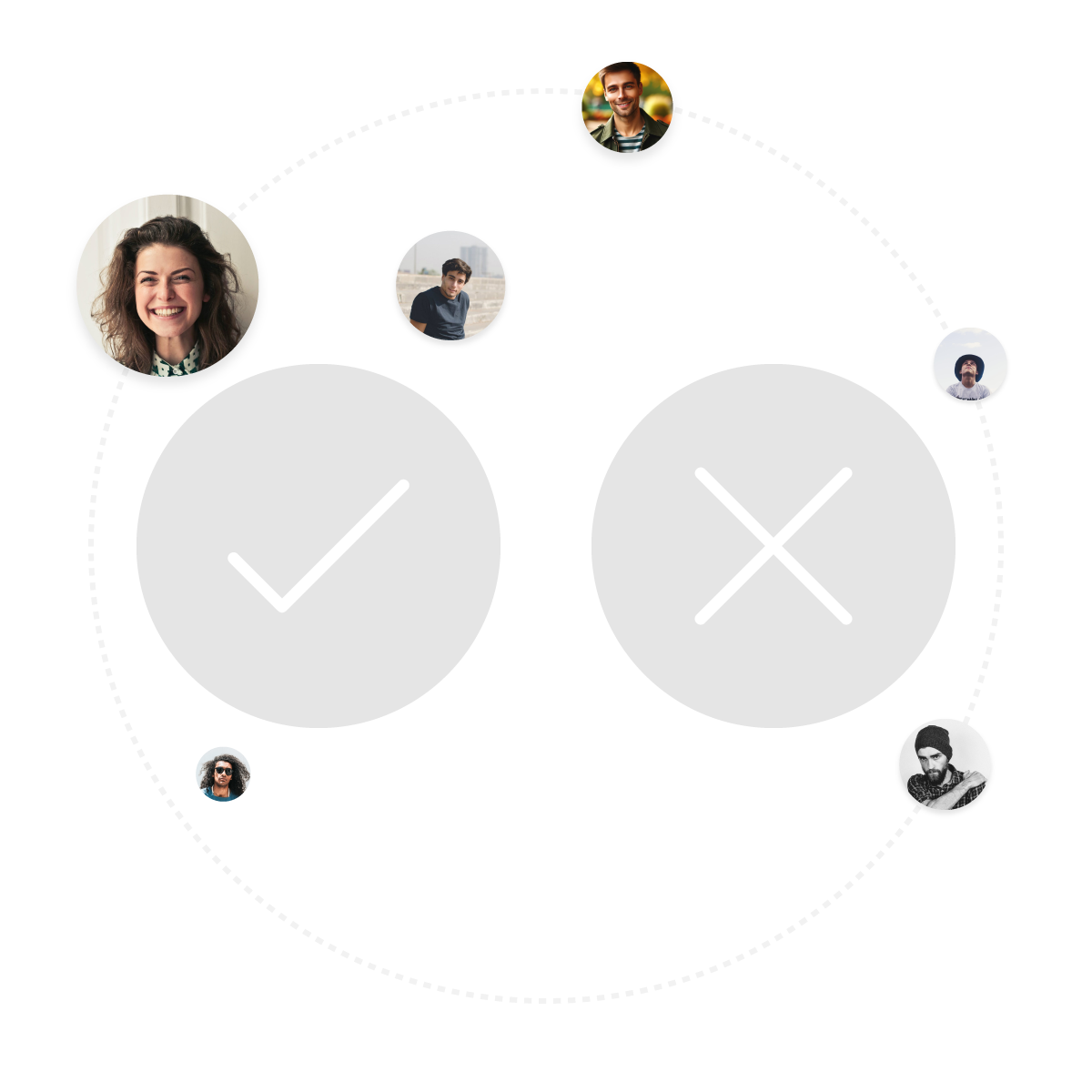Resources
Are you ready for the 'Digital Product Passport' (DPP)?
Frequently asked questions
Conversations about the Digital Product Passport are here to stay. We've collected a series of frequently asked questions so you can better navigate the information jungle. Here we go..
The Digital Product Passport, as its name suggests, is essentially a structured standardized collection of product related data that is uniquely assigned to each product specimen in the form of an NFC chip, QR code, or RFID tag. The DPP is intended to store data and information related to sustainability, circularity, retaining value for reuse, remanufacturing, and recycling.
In a nutshell, the Digital Product Passport (DPP) is one of the latest legislative initiatives that aims to drive global business, trade and consumerism towards increased sustainability by better facilitating widespread adoption of circular economy.
The DPP sets out to enhance sustainable production, extend product lifetimes, optimize usage for economic actors through circular value retention, support consumers in making sustainable choices, promote the transition to a circular economy by boosting materials and energy efficiency, and assist authorities in verifying compliance, as outlined by the European Commission.
All in all, we at Struct believe that this is a step in the right direction towards more sustainable business practices achieved through:
- increased transparency and insights with regards to complex manufacturing and distribution chains
- acceleration of the achievement of sustainability goals
- products of higher quality and longer lifespan
Deployment of the DPP is still very much in it's infant stages. Initially, batteries (industrial and electric vehicle batteries) will serve as a test case from 2024 and onwards. Eventually, additional sectors will be included in the roll out of the DPP - one sector at a time.
CIRPASS is a non-profit collaborative initiative funded by the EU that aims to lay the groundwork for a standardized cross-sectoral product data model for the DPP and an eventual deployment of an open DPP data exchange protocol adapted to the needs of circular economy.
The deadlines aren't yet fully clear. But it is definitely worth keeping a close eye on during the next few years, as more and more groundwork is laid for the introduction of the Digital Product Passport across industries and sectors.
It is proposed and introduced by the EU (The European Union), but will affect global businesses once deployed as the ability for international companies to conduct trade with European businesses will be determined by their ability to meet DPP data requirements.
Initially the industrial batteries and electrical vehicle batteries industries will serve as test cases. Eventually, more and more sectors will be included in the deployment.
Here's the list of prioritized sectors:
Batteries
Textiles
Electronics
Construction products
Other products (will be announced by the EU bodies involved)
As mentioned, the deployment of the DPP is still in its infant stages. The EU is yet to decide on the exact formalization of data requirements, standardized definitions and data collection practices.
So for now all you can do as a business is to make sure that you have a healthy and strong foundation behind your product data.
If you don't already have a suitable single source of truth for all things product information management, make sure to prioritize implementation of a flexible and scalable PIM solution as quick as possible as it will be absolutely key to meeting the future requirements and regulations.
Here is a list of possible details that the DPP might include in some form or shape:
- Basic product data (like name, model, batch numbers, warranty details, features etc.)
- Material data (like the raw materials and components used to manufacture the product)
- Ownership data (Current and past owner details)
- Repair data (if and how the product can be repaired)
- Environmental/sustainability data (carbon footprints throughout the product lifecycle, etc.)
If you're a Struct PIM client, you're in good hands as you or your Struct PIM partner can model the product data anyway necessary. Below you can see an example of an editing tab containing all DPP related data requirements:
Want to learn more about Struct PIM?
Make sure to go through our Product tour to get familiar with some of the powerful capabilities of Struct PIM
No-code data modeling
Build any product data model with full flexibility in a no-code interface
Struct PIM has a powerful built-in flexibility that allows you to create any product data model you need in your business. All with a building block-like flexibility without ever having to touch code.
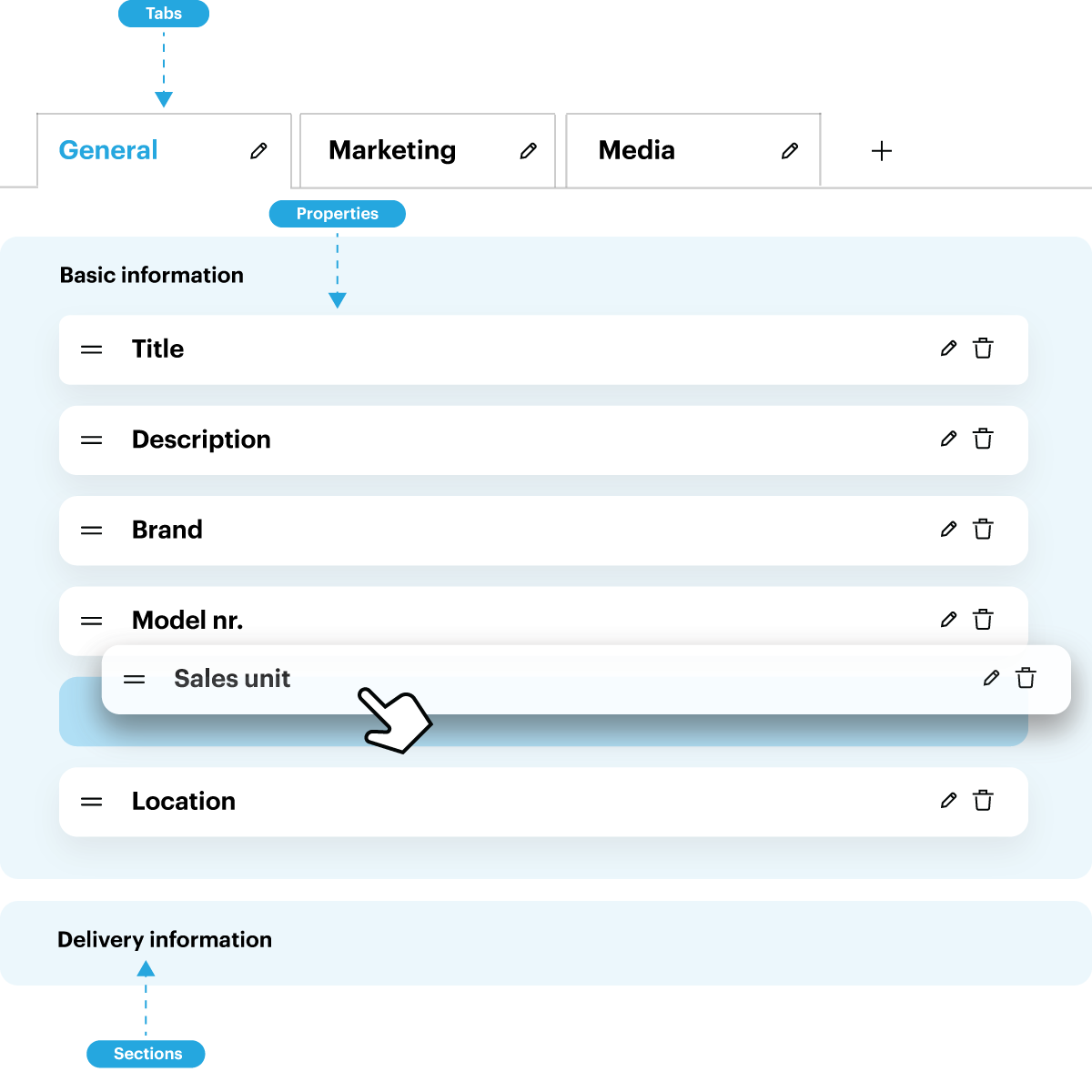
Easy management
Find and manage products and variants with ease
With its advanced search engine and powerful bulk and mass editing abilities, Struct PIM is super fast and enjoyable to work with for any one of your teams involved with product enrichment.
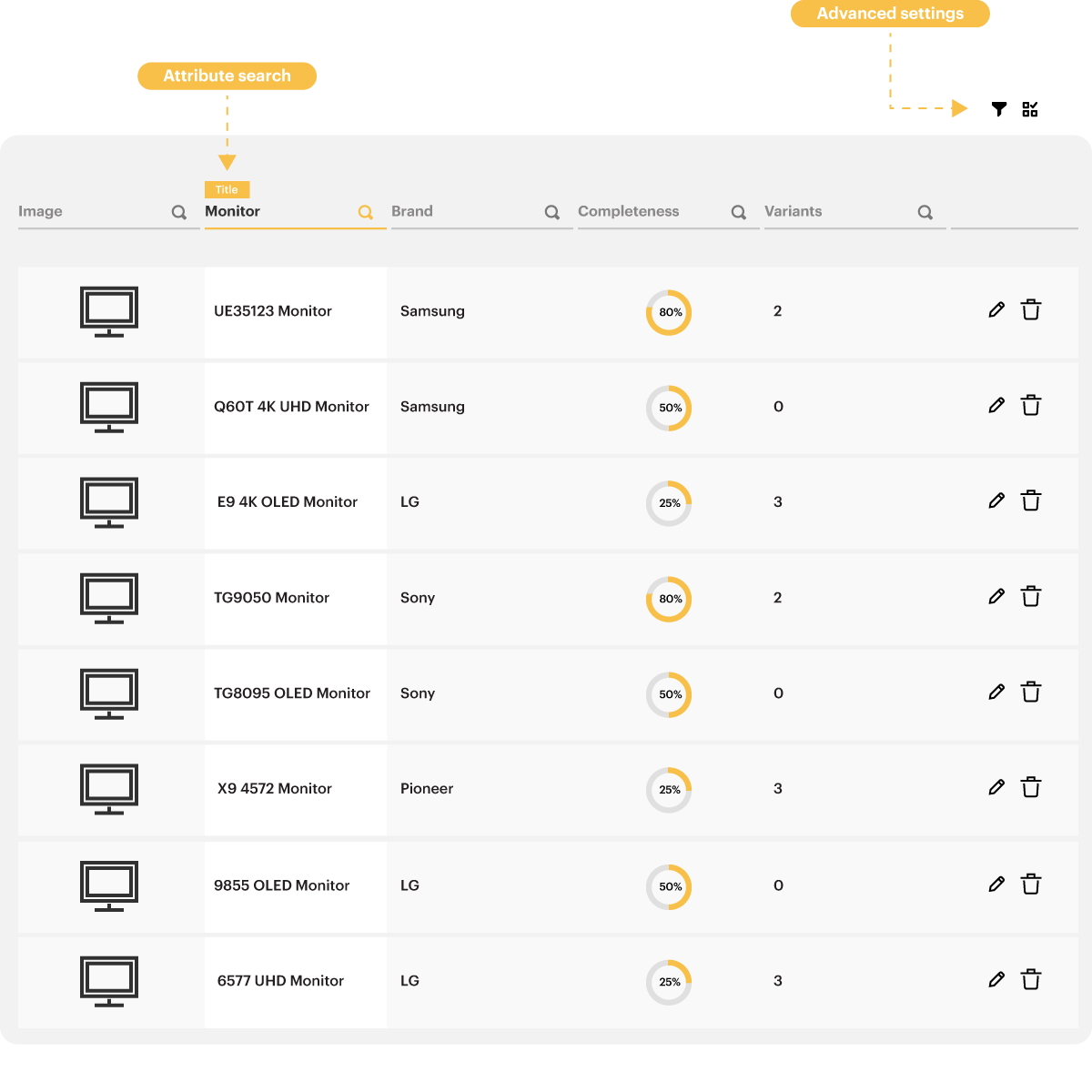
Personalization & reporting
Track enrichment progress with custom dashboards & widgets
With personal or shared dashboards you have the ability to create custom tailored workflows, which helps you increase productivity by keeping everyone on track with the enrichment progress.
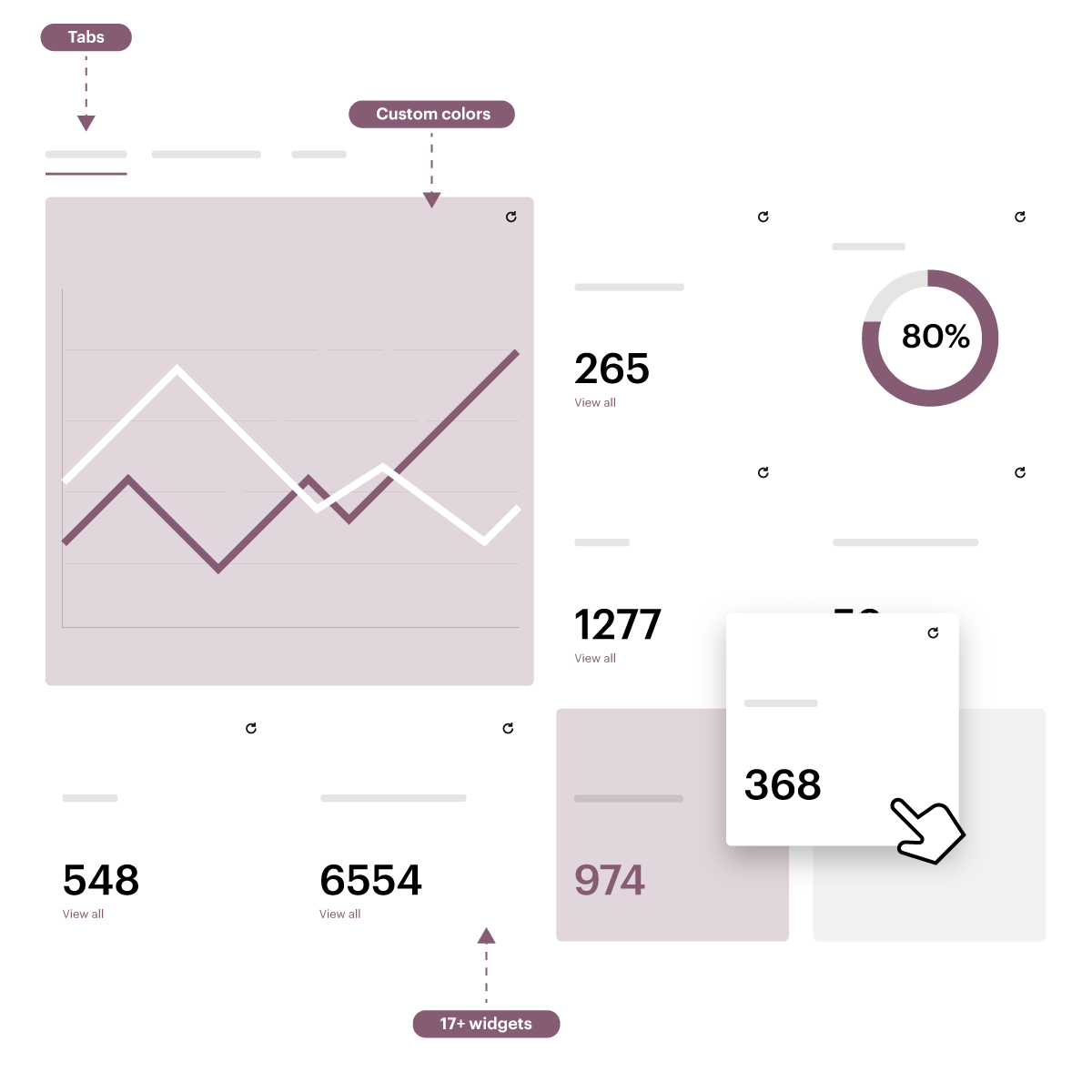
Powerful integrations
Connect with any business critical system in your arsenal
Struct PIM connects your product data to any other business critical system in your arsenal, such as ERP’s or E-commerce platforms. Either through our growing list of standard connectors or our REST API.
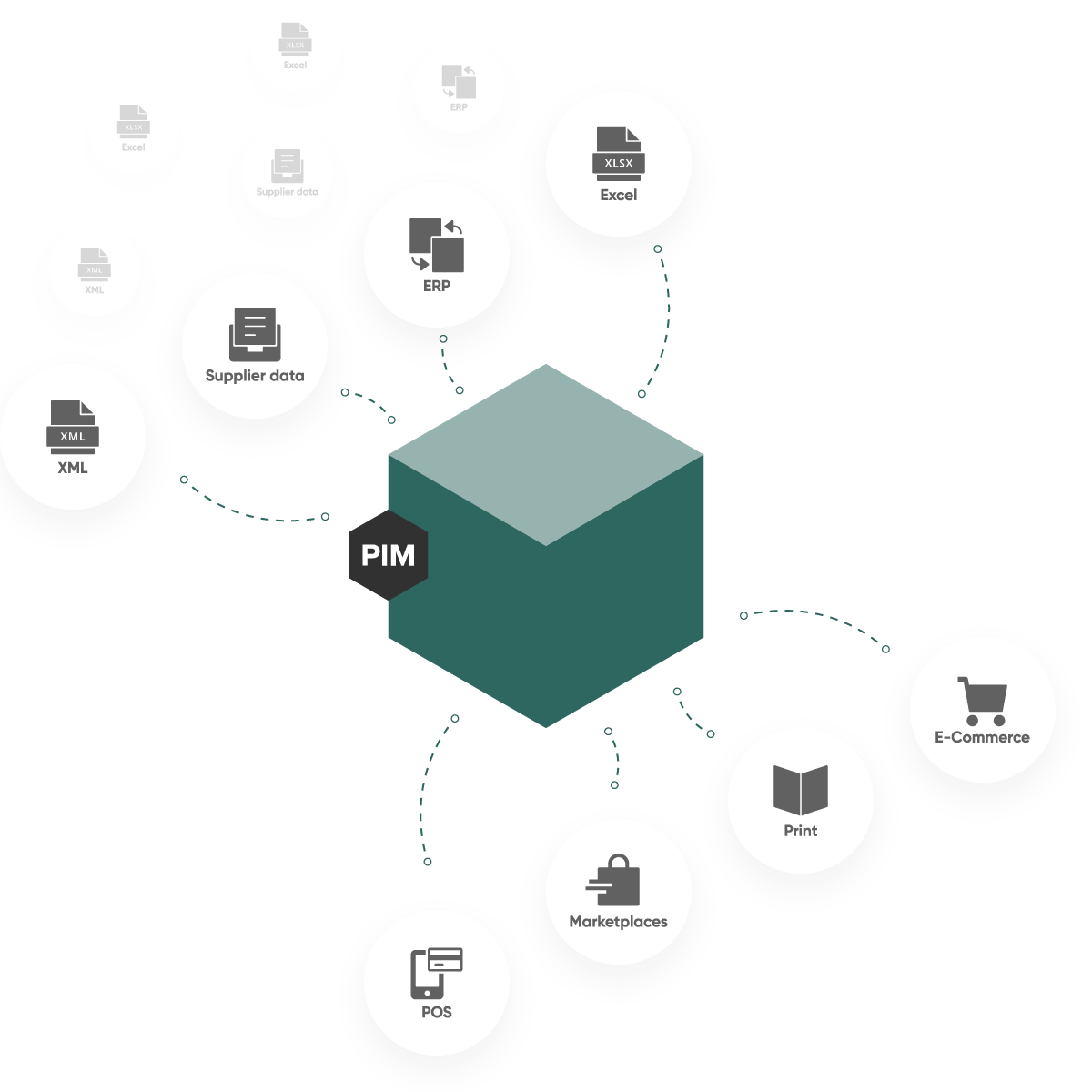
AI, Automation & Workflow management
Create rule based automations and manage user tasks
Struct PIM gives you the ability to create powerful rule based automations that allow you to build if THIS then THAT logic into your workflows. Offer users full clarity with 'what needs to be done' with powerful task management capabilities.
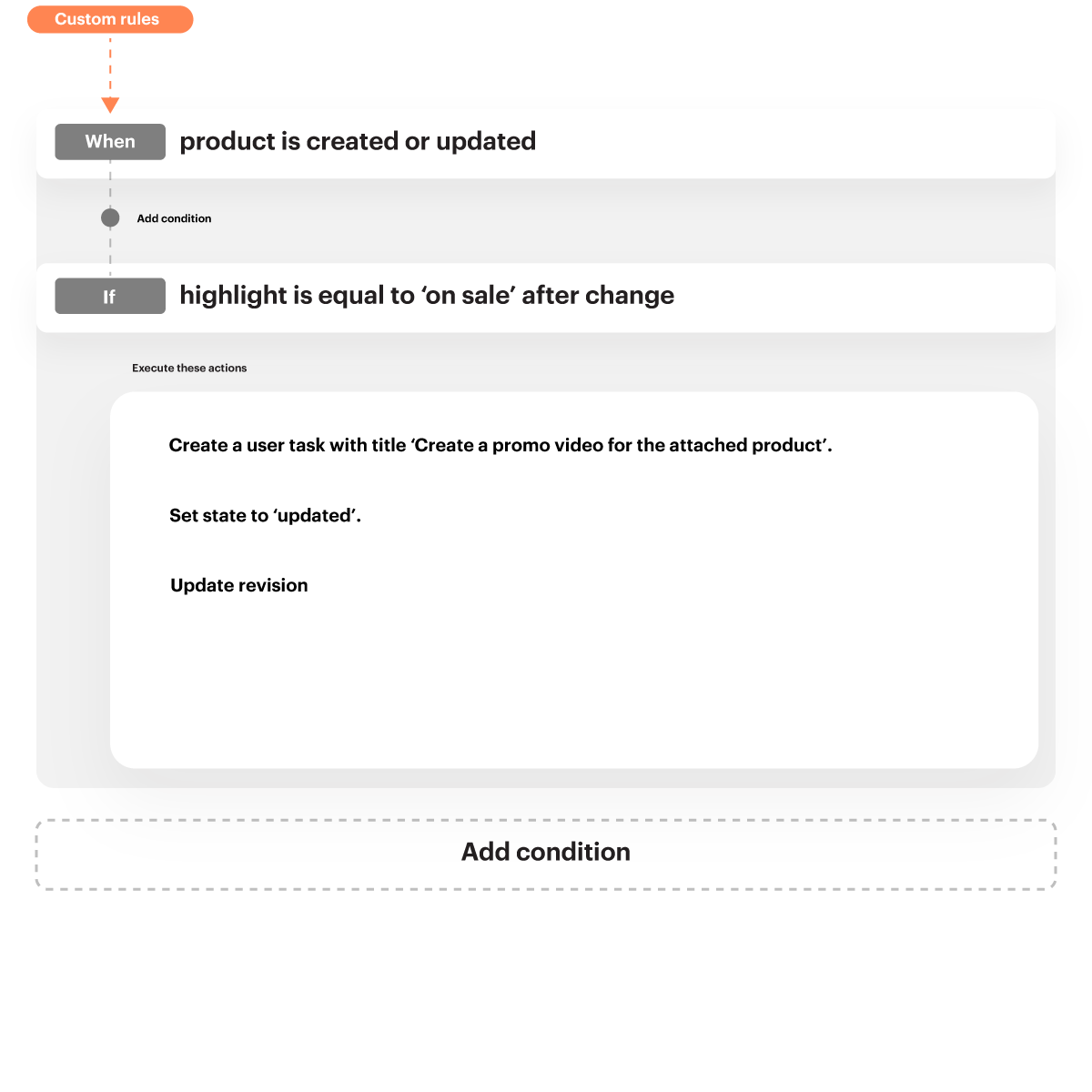
Security & permissions
Manage access & permissions with full granularity
Struct PIM keeps your product data safe with automatic backups and offers full control of user permissions by allowing you to decide who has access to what, down to single attributes.
